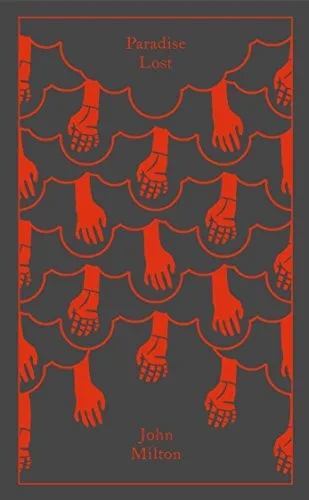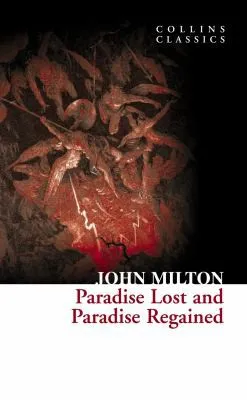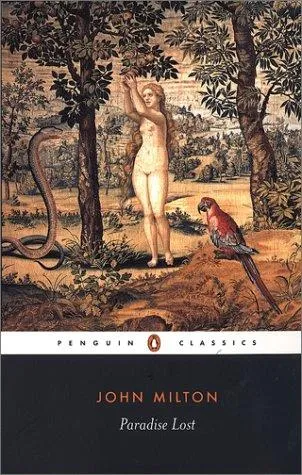Paradise Lost
A BBC Radio 4 dramatisation
(Author) John MiltonA brand new dramatized re-telling of Milton's epic poem about the fall of Man, with Milton as the narrator, adapted by one of the leading poets and thinkers of our generation: Michael Symmons Roberts. Paradise Lost was first published in 1667, and tells the story of Satan's plot to bring about the Fall of Man by tempting Adam and Eve in the Garden of Eden. This brand new adaptation begins in the midst of the action and follows the exploits of a hero (or anti-hero), taking in warfare and the supernatural, and expressing the ideals and traditions of a people. Milton himself is the blind narrator grieving the loss of his wife, whose eyesight worsens as the drama develops. The mid seventeenth-century was a time of great social and cultural turmoil; there was a series of political and military conflicts, and ideological questions were being raised about the nature of government and authority. Milton's response to what he perceived as the disintegration of society around him was to reach back to the very beginning of time to search for the events that had led to this political and social upheaval. His mission was to show not only what caused man's fall, but also the consequences upon the world, both bad and good. Michael Symmons Roberts' new adaptation of Paradise Lost is a gripping piece of storytelling that recalls the events that are turning our own political and social landscape upside down. Starring Ian McKellen as Milton and Frances Barber as his wife, Elizabeth. Approx. 2.5 hours
John Milton
John Milton (1608-1674) was an English poet and intellectual who is best known for his epic poem "Paradise Lost." Considered one of the greatest works in the English language, "Paradise Lost" explores themes of sin, redemption, and free will through the story of Adam and Eve's fall from grace. Milton's writing is characterized by its grandeur, complexity, and use of blank verse.
In addition to "Paradise Lost," Milton's other notable works include "Paradise Regained" and "Samson Agonistes." His works often reflect his deep religious convictions and his belief in the power of the individual to overcome adversity. Milton's contributions to literature include his advocacy for freedom of speech and his use of poetry as a means of exploring complex philosophical and theological ideas.
Overall, John Milton's impact on the literary genre of epic poetry is profound, as his works continue to be studied and revered for their eloquence, depth, and timeless themes.






